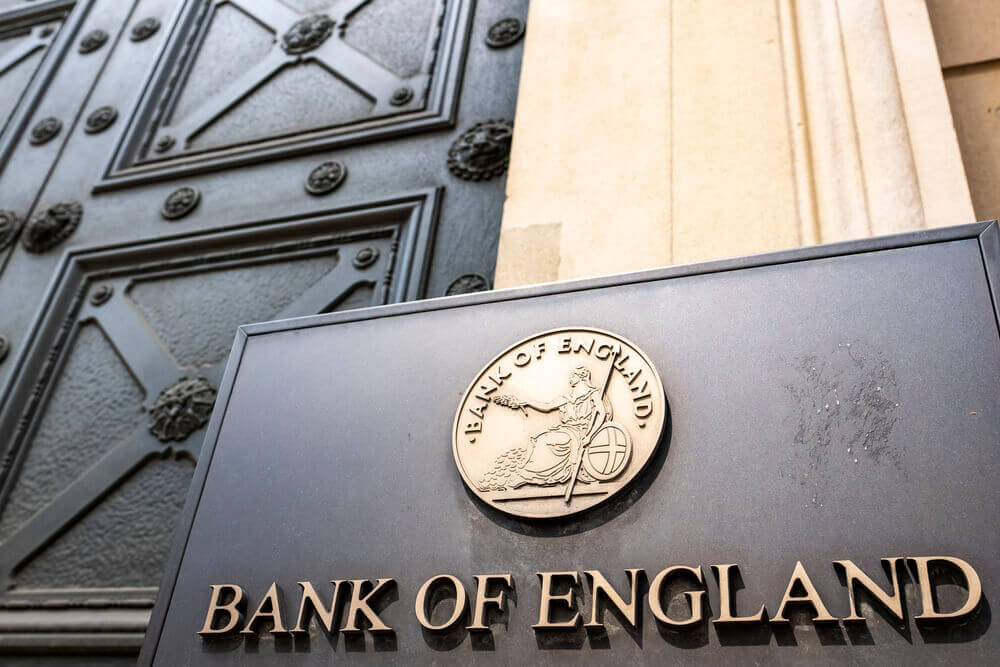British inflation picked up in March with global oil prices rising and retailers scaling back their COVID-driven discounts. It is likely to keep edging up as the economy reopens from lockdown.
In the coming months, British inflation should rise due to increased regulated household energy bills in April. It will also rise due to higher global oil prices and comparisons with prices last year when lockdowns caused demand to drop.
In March, consumer price inflation rose to 0.7%, following a dip to just 0.4% in February. In a poll of economists, that was a little below the average forecast of 0.8%, based on Wednesday’s official figures.
Since January 2020, fuel prices in March showed their biggest annual increase. Clothing and footwear prices increased by 1.6% in the month. That came after store closures due to the lockdown prompted discounting in February.
That was the biggest increase since 2017. Moreover, clothing and footwear prices were still 3.9% lower than last year’s, and food prices were 1.4% lower.
The Bank of England
In February, the Bank of England forecasted inflation would reach 1.9% by the end of 2021. Many economists, however, are now expecting it will exceed its 2% target before then.
In the medium term, the central bank sees less upward pressure on inflation. That’s because of weakness in the job market. It expects to continue even after the economy returns to its pre-pandemic size. The BoE has forecast that this will happen early next year.
Unlike the U.S., where they expect inflation to be relatively sticky above 2%, they think the U.K. story is likely to be less exciting. This was a statement from James Smith, an economist with ING. Partly this is because they think the pent-up demand story may be less pronounced than in the States, Smith added.
Financial markets are seeing a 50% chance of a quarter-point increase in interest rates by the BoE by the end of next year. Many economists, however, think it could take longer for the central bank to move.
Howard Archer, an economist with EY Item Club, said they believe the BoE is most likely to hold off from acting throughout 2021. However, there is clearly a growing possibility that the Bank could tighten monetary policy in 2022. Although at the moment, early-2023 seems more likely, Archer added.
Moreover, Paul Dales at Capital Economics said 2025 was his bet for a first-rate hike.











